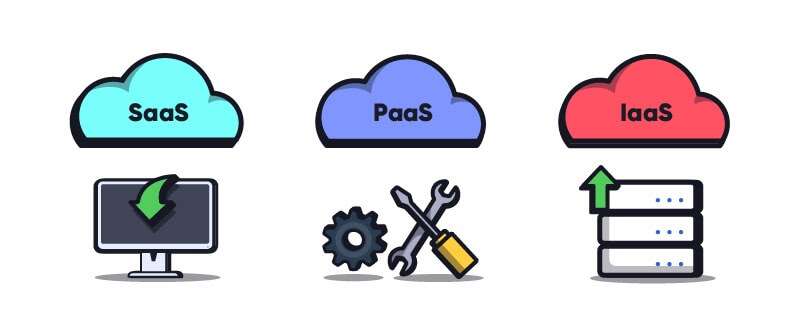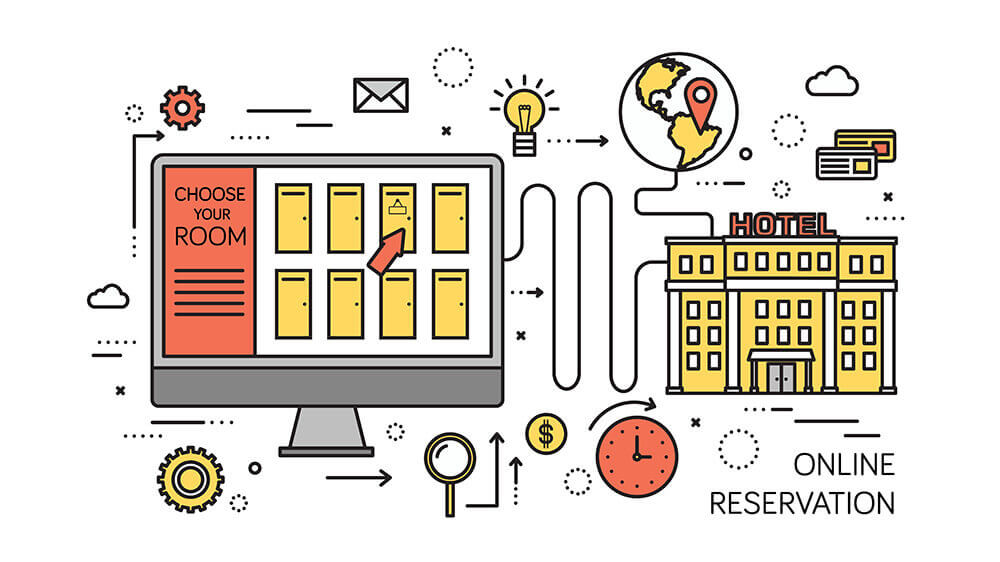Cloud Software is a Game Changer for Small Hotels
For small hotels, adopting cloud software can make a big difference in day-to-day operations. Cloud-based systems are accessible, affordable, and packed with features that can streamline hotel management, making it easier to enhance guest experiences while optimizing back-end processes. Here are four key benefits of cloud software for small hotels:
1. Cost-Effective and Scalable
Cloud software eliminates the need for expensive on-site servers, reducing initial investment costs. Instead, you pay for what you need, and as your hotel grows, you can easily scale up without investing in new hardware or extensive IT support. Cloud-based solutions are designed to grow with you, making them perfect for small hotels that anticipate expansion in the future.
2. Easy Access from Anywhere
One of the most significant benefits of cloud software is accessibility. With a cloud-based system, you and your team can access hotel operations from any device with an internet connection, whether you’re at the front desk, in the back office, or even offsite. This flexibility makes it easier to stay updated, manage reservations, and ensure everything runs smoothly from anywhere.
3. Enhanced Data Security
Cloud providers prioritize data security, implementing encryption, automatic backups, and secure data centers. This means your guest information and hotel data are better protected than with traditional, in-house systems. With regular updates and monitoring, you’ll have peace of mind knowing your data is secure without having to manage it yourself.
4. Streamlined Operations and Improved Guest Experience
Cloud software often comes with integrated features like reservation management, billing, and housekeeping coordination. This allows your team to work seamlessly, improving efficiency and ensuring a more consistent experience for guests. For example, with an integrated system, housekeeping can receive real-time updates on room status, helping to turn rooms over faster and meet guest expectations for cleanliness and readiness.
Conclusion
For small hotels, the flexibility, security, and cost-efficiency of cloud software make it an ideal solution. By adopting cloud technology, you’re not only improving your hotel’s operations but also enhancing the guest experience. With cloud software, you can focus on what matters most – creating unforgettable stays for your guests.




